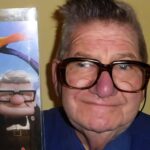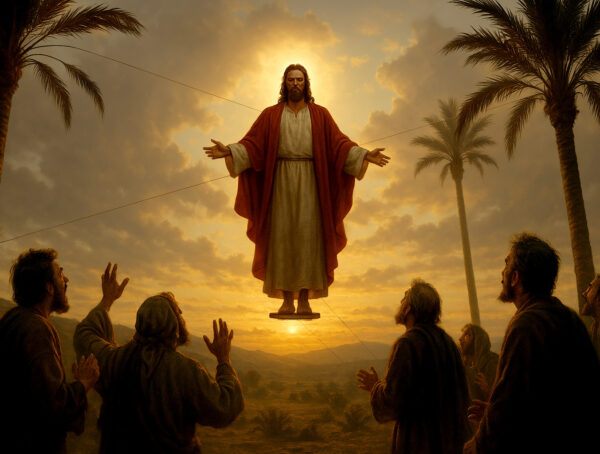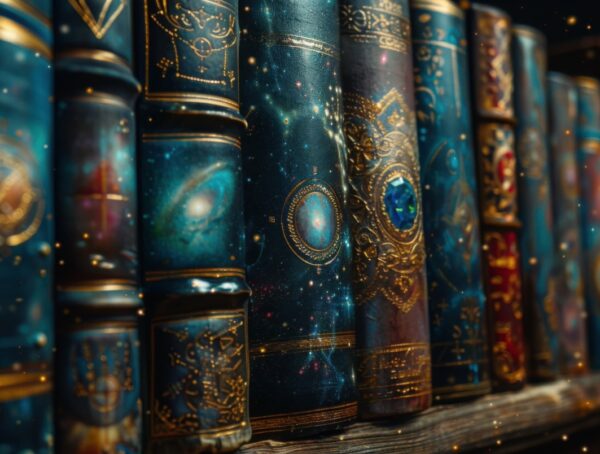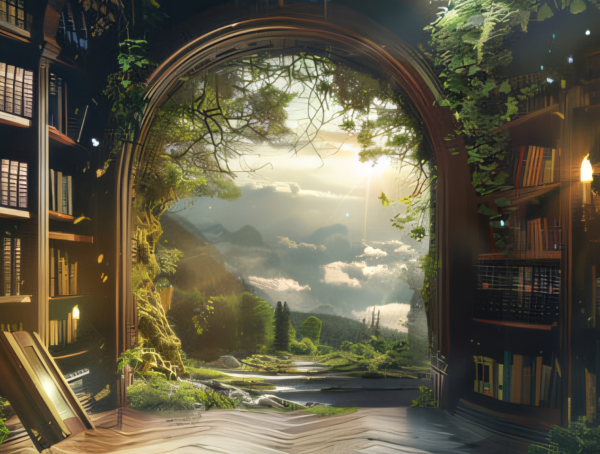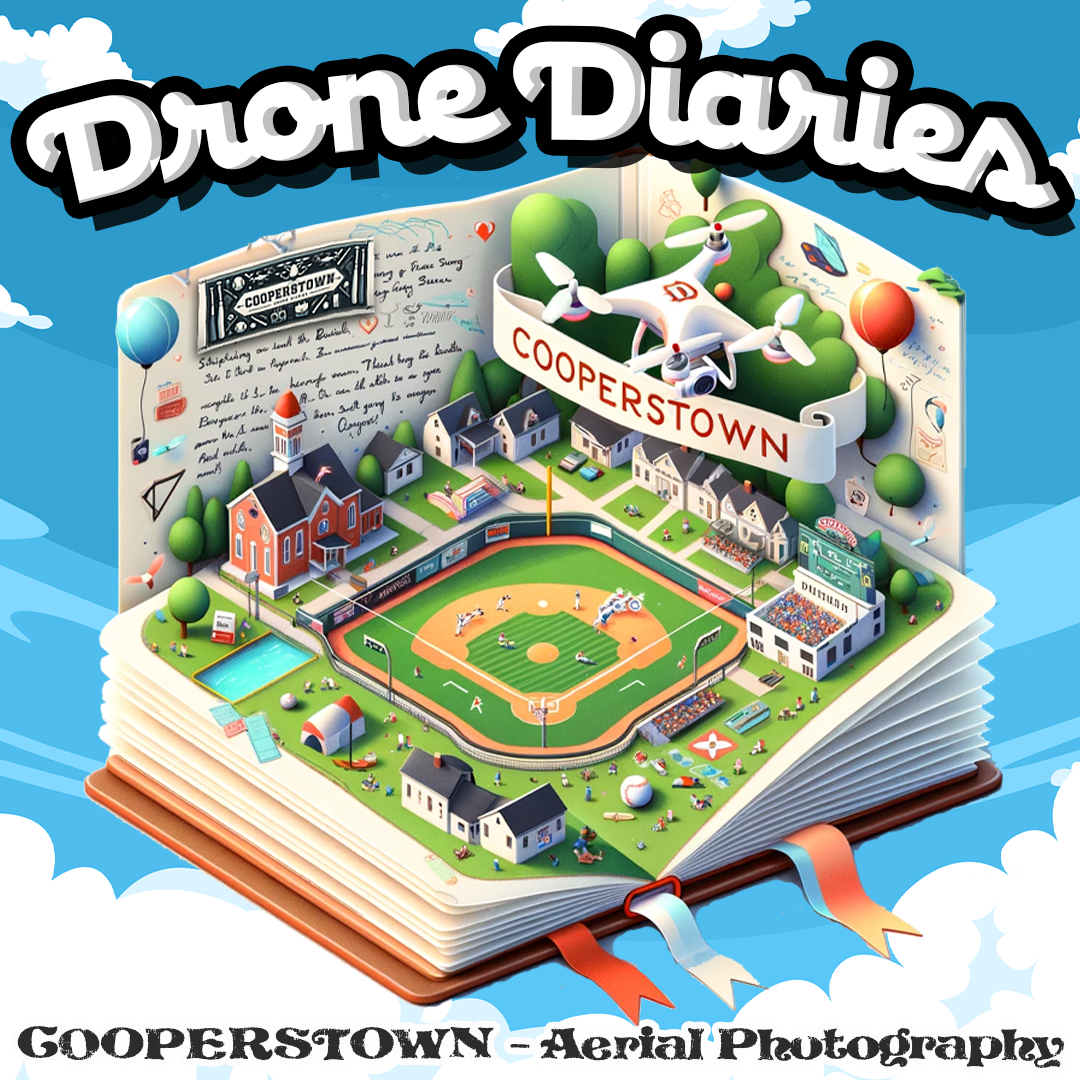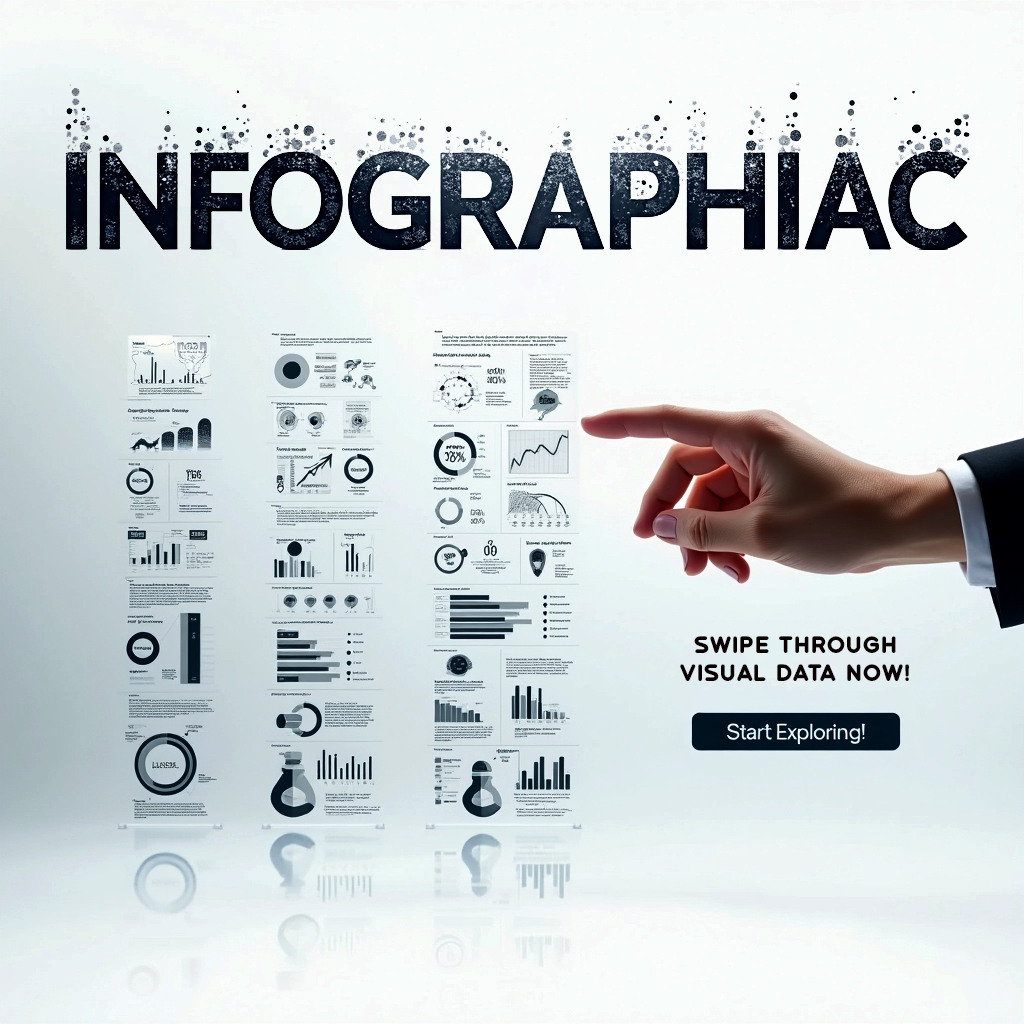Is mathematics something we’ve invented, or something we’ve discovered? It’s a question that has intrigued thinkers for centuries. Numbers and equations are just abstract concepts—they don’t exist in the physical world. You can’t stumble upon the number “pi” lying on the ground or extract an equation from a rock. They’re creations of the human mind, tools we’ve developed to make sense of the world around us. This paradox invites us to consider a larger question: if something as invisible as mathematics governs the universe so effectively, might other unseen forces offer similarly profound insights into the structure of existence? Mathematics could be the first step in recognizing that the foundations of reality often lie beyond what we can observe.
These abstract concepts have an uncanny ability to describe and predict real phenomena with extraordinary precision. Through mathematical models, we’ve been able to unlock the secrets of the universe—from the tiniest subatomic particles to the vast expanses of cosmic space. The Large Hadron Collider, for instance, stands as one of humanity’s most audacious attempts to interact with the foundational layers of reality. It has revealed particles like the Higgs boson, validating decades of theoretical work based purely on mathematical reasoning. This achievement underscores something profound: how an abstraction like mathematics has lead us to understand a deeper meaning of reality embedded within its fabric, offering us a rare glimpse into the deep, underlying divine structures that govern existence. Without it, we’d be left fumbling in the dark, disconnected from the very principles that shape our world.
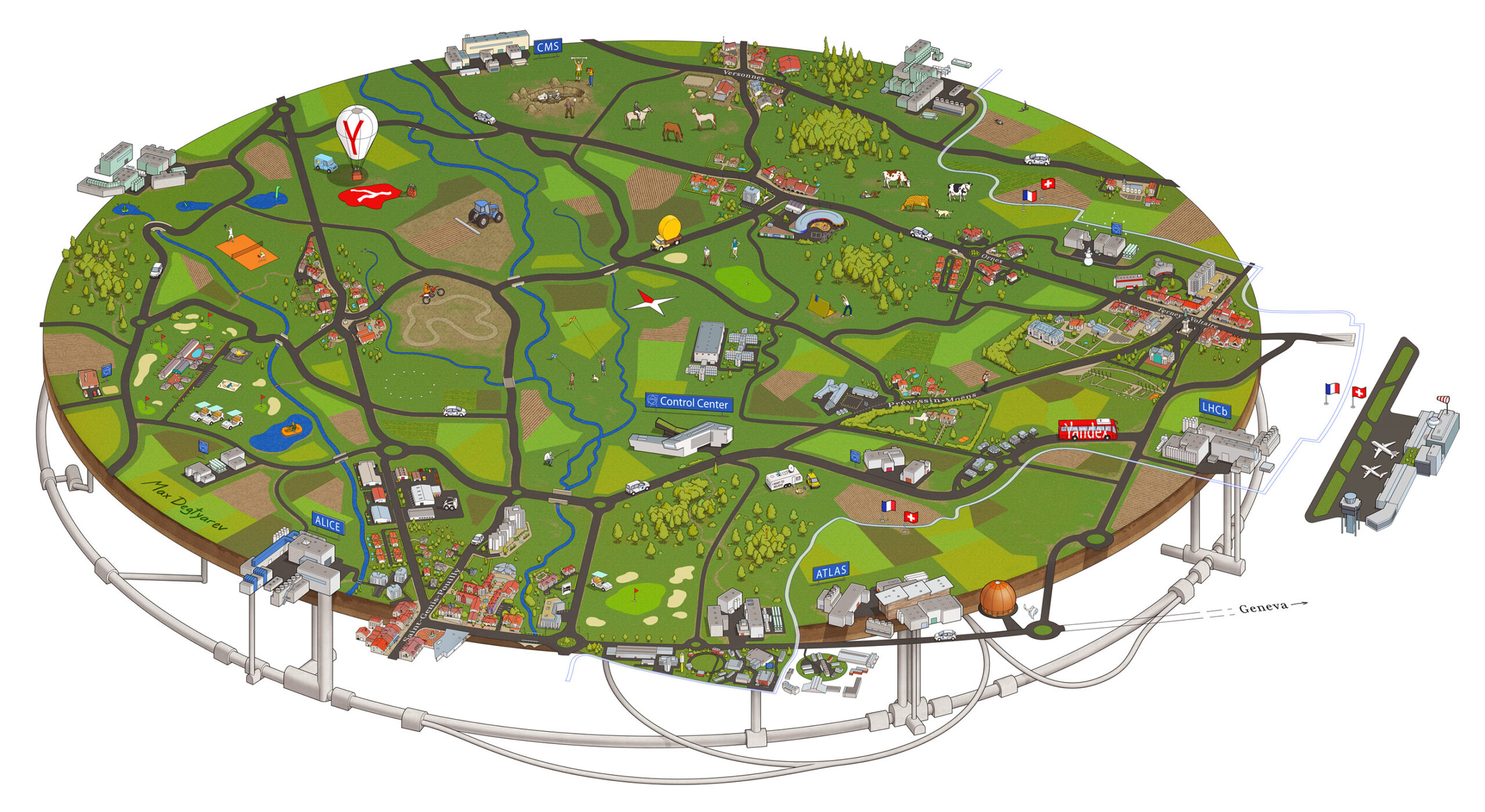
Aerial view of the massive Large Hadron Collider with the length of the main accelerator ring at 27,000 meters long – Click for full infographic.
This intangible idea we call mathematics creates extremely tangible things that now serve as the foundational bedrock of society. We wouldn’t have Aeronautics and Space Exploration, Renewable Energy Systems, or lifesaving medical technologies like MRI and CT scans, which all depend on mathematical principles. Without math, the digital age as we know it wouldn’t exist. It’s as if mathematics forms an invisible framework that underpins the very fabric of our reality—an abstract concept that can arguably be more real than reality itself.
Let’s explore this to shed light on how our biases deeply influence our understanding, especially when we’re trying to determine what’s real and what’s not. Our interpretations of reality are significantly shaped by these biases, and different philosophical ideologies bring this to the forefront. Realism suggests there’s an objective world out there, independent of our perceptions. Yet, what each of us considers “real” is inevitably filtered through our subjective experiences. Idealism proposes that reality is mentally constructed, highlighting the role our minds play in shaping what we perceive.
But despite the blurred lines these philosophies draw around the concept of reality, there’s something almost universally agreed upon: PAIN. No one disputes their own pain. If we’re searching for something undeniably real, pain—and the experience of suffering—is irrefutable. It’s nearly impossible to deny the reality of your own pain. If there’s one aspect of human experience that unites us all, it’s that our own pain feels unquestionably real.
This raises an intriguing question: if pain is undeniably real, could that which overcomes pain be even more real? And I’m not referring to painkillers or antidepressants. I’m talking about the methods humans have used to cope with life’s worst experiences since the dawn of man and human consciousness. In some sense, I think this idea lies at the heart of the concept behind God.
Pain is a signal, a message that demands attention. It points to what is broken, and in this sense, the concept of God, or a Higher Power, functions as a mechanism of repair, not just offering relief but providing purpose, balance, and a way to transform suffering into growth.
And even if you choose to disregard this metaphysical reality entirely, if we can agree that pain is a fundamental truth, then what is its antidote? How about Truth or how about Love?.These forces, when fully embraced, reveal themselves to be far more powerful than suffering. In the darkest moments of life, love and truth don’t just help us endure pain—they are tools to transform through it. If the power of love and truth can surpass the undeniable reality of pain, maybe they represent the ultimate reality; or an ultimate framework or theology. And when you are at a point of absolute hell in your life, you’d be surprised how powerful love and truth actually are. Perhaps, like math, God serves as a framework—a lens through which we interpret profound truths about existence and meaning.
“My cat has no idea why I’m typing on a keyboard. It has no frame of reference to understand the purpose of my actions. Similarly, our understanding of a higher power or the divine could be just as limited—it’s like trying to comprehend something infinitely beyond our perspective. ” – Martin Gardener
There’s a paradoxical notion about whether we can know that God exists. The paradox, in part, is that you can’t truly know God. So the question I had was if something could exist even if I can’t fully understand it?
This idea appears across religious and philosophical traditions:
- Hinduism and Buddhism: Concepts like Brahman (ultimate reality) in Hinduism or the ineffable nature of Nirvana in Buddhism emphasize the limits of language and understanding in describing the ultimate.
- Christianity: Thinkers like St. Augustine and Thomas Aquinas emphasized that God’s essence is beyond human grasp. Aquinas called God “the unknowable mystery,” and yet Christians believe in a personal relationship with God through Christ.
- Judaism: The concept of God as “Ein Sof” (without end) in Kabbalistic thought underscores the idea that God’s infinite nature is beyond human understanding.
- Islam: Allah is described as both “closer to you than your jugular vein” (Qur’an 50:16) and utterly beyond comprehension, highlighting a similar paradox.
And if you begin opening your mind to the divine, you catch hints—hints that appear if you open yourself up in the right way. And there are many wayes to do this, like through adopting religous structure, or by working though the 12 steps of AA or Al-anon. [/st_highlight] Or, at the very least, believe in something selflessly and stop asking for what you want, as if God is some kind of celestial butler. Instead, you need to ask how you can transform yourself so that you become a better agent of the divine will.
So, where does this leave us? We started with mathematics, an abstract construct born from the human mind, and discovered its profound ability to shape and define reality. Then we explored the deeply human experience of pain, something undeniably real, and the forces that transcend it—love and truth. Finally, we touched on the idea of God, an unknowable mystery that, paradoxically, offers a framework for interpreting the deepest truths of existence. As we weave these threads together, it becomes clear that our understanding of existence is a tapestry of both tangible experiences and ethereal beliefs. Engaging with concepts like Jesus Christ and illusionism invites us to confront the duality of faith and skepticism, challenging us to find meaning in the interplay between what is seen and what lies beyond perception. Ultimately, these explorations compel us to seek harmony between the certainties of mathematics, the realities of human emotion, and the mysteries of divinity.
Here’s the connection: just as mathematics, though intangible, creates the tangible and transforms our physical world, concepts like love, truth, and divinity seem to act as frameworks that transform our inner world. They take the raw, undeniable reality of pain and suffering and offer a path to transcendence, to growth, to meaning.
And maybe that’s the point. Maybe we’re not meant to fully know God or to completely understand love or truth. Instead, we’re meant to engage with these ideas, to let them shape us, to let them guide us toward something greater. In the same way mathematics reveals the structure of the physical universe, perhaps these higher ideals reveal the structure of the human soul.
When we embrace that responsibility—to pursue truth, to act with love, to open ourselves to the possibility of the divine—we begin to transcend our limitations. We transform pain into growth, suffering into purpose, and questions into meaning. And in that process, perhaps we find something more real than reality itself. Something worth striving for. Something worth believing in.
More from Spirituality
Jesus Christ: History’s Greatest Illusionist?
History tells us that there are not many people who have been able to capture the human imagination. For two thousand …
7 Principles Major Religions Agree On: The Key to Thriving in Life
Think about this: across thousands of years and the vast expanse of human history, spanning continents, cultures, and wildly different …
Jungian Psychology and AA: The Psychology That Transformed Recovery
My introduction to Carl Jung came unexpectedly through the Big Book of Alcoholics Anonymous (AA). Reading that book opened a …

